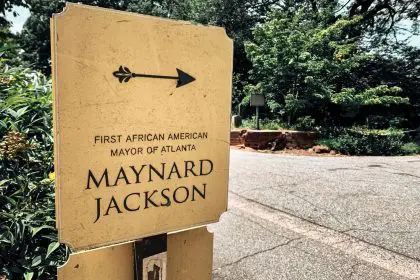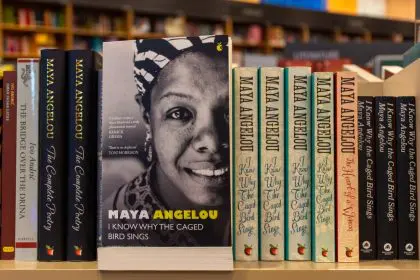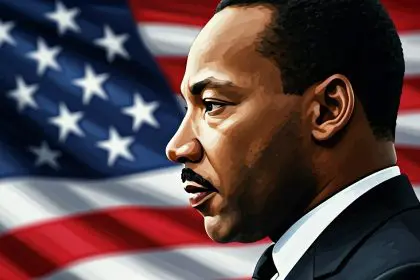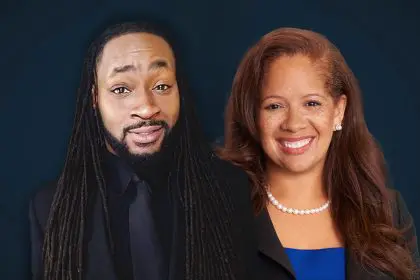When we reminisce about the Civil Rights Movement, a common fallacy is that we often begin with the late 1950s and early 1960s and almost always start calling the names of Malcolm X and Dr. Martin Luther King, Jr. We may even mention H. Rap Brown, Huey P. Newton and Andrew Young, but one person who is seldom mentioned, and certainly ought to be, is Bayard Rustin. He was the first African American to speak openly about nonviolent mass protest.
Rustin was born in 1912 in West Chester, Pennsylvania. Having never met his biological father, Rustin was reared by his grandparents. A practicing Quaker, his grandmother made sure her grandson followed the faith. As such, his religious beliefs guided his formal years of development and greatly influenced his incessant, open protest against Jim Crow Laws
In high school, Rustin, who admitted to his grandmother that he was gay during his early adolescence, played football and was also a great singer. In 1932, the 20 year old went to Ohio to attend Wilberforce University on a music scholarship, but he was kicked out of school after he organized a protest to complain about the horrible cafeteria food
Rustin then traveled to Harlem, NY where he took up singing and sang with a jazz quartet. In 1937, while in New York, Rustin began studying at City College of New York and became involved in efforts to defend and free the Scottsboro boys, nine young black men in Alabama who were accused of raping two white women. He joined the Young Communist League but later left because he believed the Communist Party was not truly concerned about the issues affecting blacks.
Working with a pacifist Quaker organization, Rustin led protest efforts in Jim Crow South and in 1940 in Tennessee, he was arrested for not moving to the back of a bus when asked by a white bus driver. This would be a constant in his life. As a Quaker, he claimed to be a “conscientious objector” to war and as a result, he was convicted of violating the Selective Service Act in 1943 and served two years in federal prisons in Kentucky and Pennsylvania. In 1947, while traveling on a Quaker mission through the South to address Jim Crow, he was arrested for sitting next to a white man on public transportation and served 22 days on a chain gang. He published a series of letters about the experience in The New York Post. The letters became a catalsyt that led to legislation stopping chain gangs in North Carolina.
It should be noted that all of this occured before Dr. Martin Luther King, Jr. gained noteriety for his work in the Movement. In fact, in 1955, King asked Rustin to come to Selma to assist with the now infamous boycott. Arriving at King’s home, Rustin noticed that the 25 year old had loaded guns and armed guards and informed him that this was not nonviolence. King had great respect for Rustin, so he made changes to meet the tenants of nonviolent protest, a decision that would gain him a compelling edge over opposition, define King’s contribution to the Civil Rights Movement and carry him into world history. Later, many insiders also added to Rustin’s influence on King’s legacy, the fact that it was Ruskin, and not King, who created and organized the 1963 March on Washington.
Rustin and King went separate ways for a while when New York Congressman Adam Clayton Powell, Jr. said he would slander King by publicly stating he was also gay and having an affair with Rustin if they did not cancel a planned demonstration against the Democratic National Convention in 1960. King gave in and canceled the demonstration, which also was the brainchild of Rustin.
Rustin died in 1987. Among other things including those listed above and some work abroad, he will always be remembered for his nonviolent activism, conducting sit-ins in the 1940s (some 25 years before King), and famous debates against Malcolm X and Stokely Carmichael. This is his legacy.

















